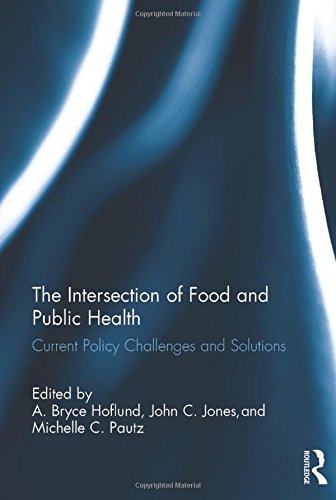

Most ebook files are in PDF format, so you can easily read them using various software such as Foxit Reader or directly on the Google Chrome browser.
Some ebook files are released by publishers in other formats such as .awz, .mobi, .epub, .fb2, etc. You may need to install specific software to read these formats on mobile/PC, such as Calibre.
Please read the tutorial at this link. https://ebooknice.com/page/post?id=faq
We offer FREE conversion to the popular formats you request; however, this may take some time. Therefore, right after payment, please email us, and we will try to provide the service as quickly as possible.
For some exceptional file formats or broken links (if any), please refrain from opening any disputes. Instead, email us first, and we will try to assist within a maximum of 6 hours.
EbookNice Team

Status:
Available0.0
0 reviewsPresently, ideas about food are in flux from a variety of sources. Examples of this evolution include recognizing the importance of food on health by public health and medical professionals; changing consumer desires around the production methods and components of their food; a greater focus on injustices within the national food system; evolving knowledge of how the food system impacts the environment; and, shifting economic and technological realities that underpin where and how food is produced, distributed and sold.
These shifting ideas about food exist in contrast to the narrative of the highly functioning, industrialized, global food system that emerged in the second half of the 20th century. This edited volume fills a void by presenting a comprehensive and engaging coverage of the key issues at the intersection of public health, policy, and food. The Intersection of Food and Public Health is comprised of research that examines current problems in food studies and how various stakeholders are attempting to address problems in unique ways.
The book will be of interest to undergraduate and graduate students in a variety of disciplines, including public administration, public policy, public health, economics, political science, nutrition, dietetics, and food studies.